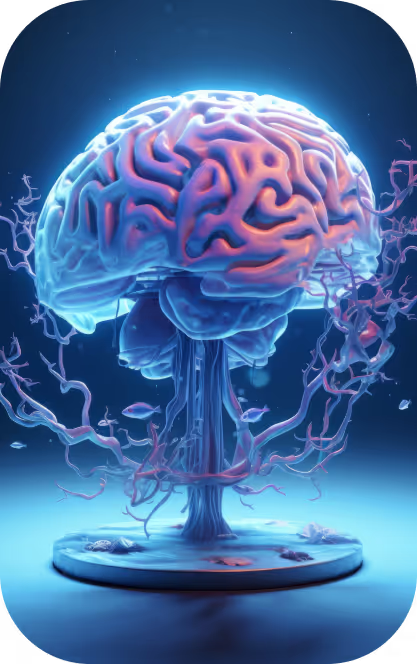PROSPECTS FOR IMPLEMENTING ARTIFICIAL INTELLIGENCE IN THE HIGHER EDUCATION SYSTEM
Magazine Name
Type
date
Authors
DOI
Annotation
The article provides a comprehensive analysis of the prospects for implementing artificial intelligence in the higher education system as one of the key areas of university digital transformation. The main aspects of AI integration into the learning process, management of educational institutions, research, and interaction between universities, students, and employers are considered. A conceptual model of a university functioning on the principles of a neural network is proposed, in which artificial intelligence automates routine processes, such as the selection of educational materials, curriculum development, progress monitoring, testing, and verification of academic papers. Particular attention is paid to the issue of education personalization through adaptive algorithms that allow students to individualize their learning trajectories. The functions of artificial intelligence that contribute to improving the accessibility of education, including support for students with disabilities, automated translation of educational materials into more than 100 languages, and the use of virtual laboratories and augmented reality for deeper immersion in the learning process, are analyzed. The article also considers the mechanisms of university integration with the labor market through a system of feedback from employers, which allows for flexible adaptation of curricula to the current needs of the economy. It is emphasized that the digitalization of education should be accompanied by the development of students' research, creative, and entrepreneurial skills, which will ensure their competitiveness in the global digital economy. In conclusion, it is noted that the implementation of artificial intelligence in the higher education system will contribute to its modernization, increase the efficiency of the educational process, and create an integrated digital ecosystem that connects universities, students, science, and business. Finding an optimal balance between technological innovations and the role of the teacher as a mentor who ensures the development of critical thinking and creative abilities of students remains an important task.










